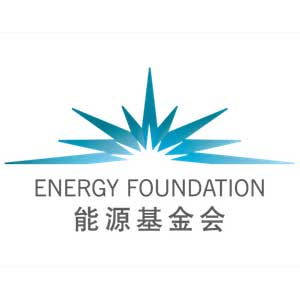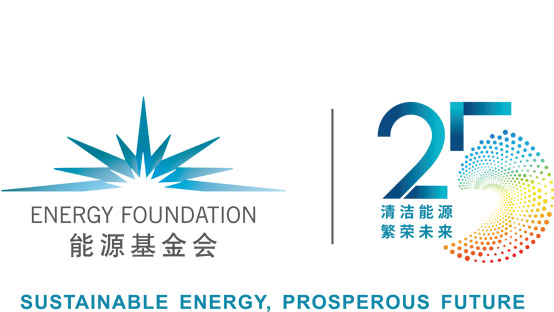Apr 13, 2016
Energy Data 2015
This report was compiled by Wang Qingyi, co-founder of the China Energy Research Society, with assistance from the Innovative Green Development Program and support from Energy Foundation China.
Oct 20, 2015
Low Carbon Cities in China: National Policies and City Action Factsheets
China has also initiated 42 low carbon pilots, including 6 provinces and 36 cities, which represent various geographic locations, resource endowments, economic growth patterns, industrial mixes, and energy-use behaviors. These pilots have developed and implemented many policies, programs, and measures to achieve low carbon development paths at the provincial and municipal levels in the long term. Factsheets in this document are based on analyzing actions in 10 cities out of the 42 low carbon pilots.
Sep 1, 2015
2014 Beijing Low carbon design joint studio
In June 2014, Tsinghua University invited total 52 faculty and students from four famous universities to participate in the four-week “2014 Beijing Low Carbon Urban Design Joint Studio.”
Aug 10, 2015
Real-World and Certified Fuel Consumption Gap Analysis
This report attempts to flash out actual and certified FC gaps in China based on official FC certified data available and voluntary actual FC data collected from drivers across China through BearOil App and to suggest and assess reasons for causing the gap (e.g. by model and by location).
Jun 30, 2015
A proposal of China's ZEV program design
This brief is meant to inspire Chinese EV stakeholders to converse on the topic of ZEV program design and action plan for China. A former iCET report described the California ZEV program, evaluated its effectiveness through qualitative and quantitative research, and studied its history and inception process. This former work was introduced to national and local stakeholders in China, including the government, academic, and private sectors through workshops, round tables, and meetings. The process of stakeholders’ engagement was important on its own, as it unveiled concerns and challenges facing a China-tailored program.
Apr 20, 2015
Clean Power,
,
CHINA 2050 HIGH RENEWABLE ENERGY PENETRATION SCENARIO AND ROADMAP STUDY
As the world's largest developing country, coal consumer, and green house gas emitter, China is confronted with challenges that are more urgent and arduous as its transforms toward a clean and low-carbon energy system. The China 2050 High Renewable Energy Penetration Scenario and Roadmap Study set out to analyze the technical and economic feasibility of having high renewable energy penetration by 2050 based on economic, environment, and carbon emission constraints, and backcast the policies and programs needed at different points in time to make this a reality.
Mar 3, 2015
10 Key Principles for Local Air Quality Management
As China’s government moves to more assertively reduce air pollution, Energy Foundation China and its partners Clean Air Alliance of China, ClimateWorks, and the Regulatory Assistance Project have compiled a list of 10 key principles for sound air quality management. These principles are offered to China’s local governments to assist them in meeting their increasingly demanding air quality improvement targets. They can also help reduce greenhouse gas emissions (GHGs) – an environmental issue that China is also now taking stronger actions on. These principles help reduce air pollution and GHGs at the same time, bringing synergy and cost-effectiveness to air quality and climate policy.
Nov 1, 2014
ZEV credits regulation and cap and trade program
This project is aimed at evaluating recent innovative schemes for incentivizing sustainable vehicle and fuel production and financing clean transportation technology development through the industry players themselves. The first, the California Zero Emissions Vehicles (ZEV) credit scheme, is unique program that evolved over a twenty year period and was able to drive local low-emissions vehicle innovations through a mandate combined with market-based implementation mechanism. The second is a recent Cap-andTrade scheme aimed at incentivizing energy and fuel supply through market forces. The two programs, although not officially linked, are both serving similar air-quality improvement and fuel and GHG emissions reduction targets under the state’s scoping plan for better air quality and later on - reduced GHG emissions. After outlining these programs’ development and evaluating their success, this report will highlight the potential and impediments for similar programs design for implementation in Chinese cities.
Nov 1, 2014
ZEV credits introduction and Tesla case study
This report is aimed at introducing the California ZEV-Credits Program, a recent innovative scheme for incentivizing sustainable vehicle production and financing clean transportation technologies development through the transportation sector. The Program’s success will be evaluated through a single case study of world’s leading California-based electric vehicle manufacturer, Tesla Motors. This report will end with initial suggestions for policy-makers and related stakeholders on how a similar program could be evaluated and tailored for use in China.







